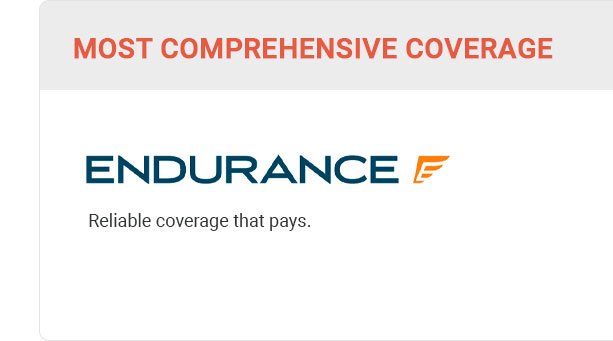 |
 |
 |
 |
 |
 |
 |
 |
 |
 |
|||
 |
 |
|||
 |
 |
|||
 |
 |
|
|||||||
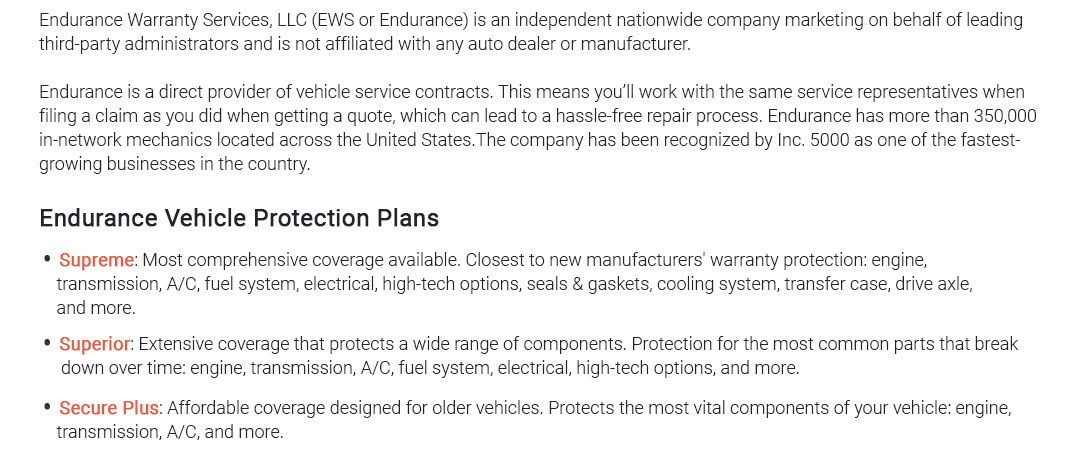 |
|||||||
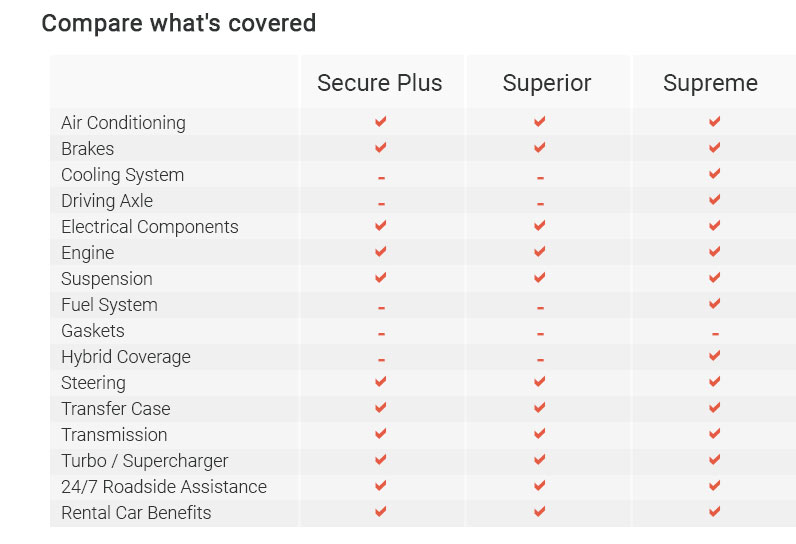 |
|||||||
 |
|||||||
 |
|||||||
|
|||||||
|
||||||
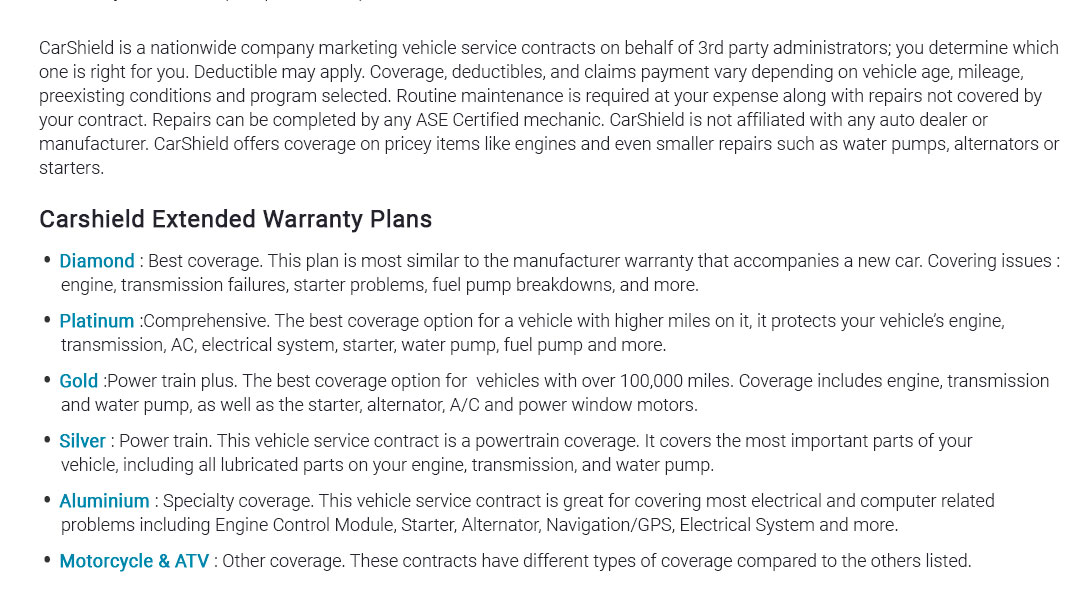 |
||||||
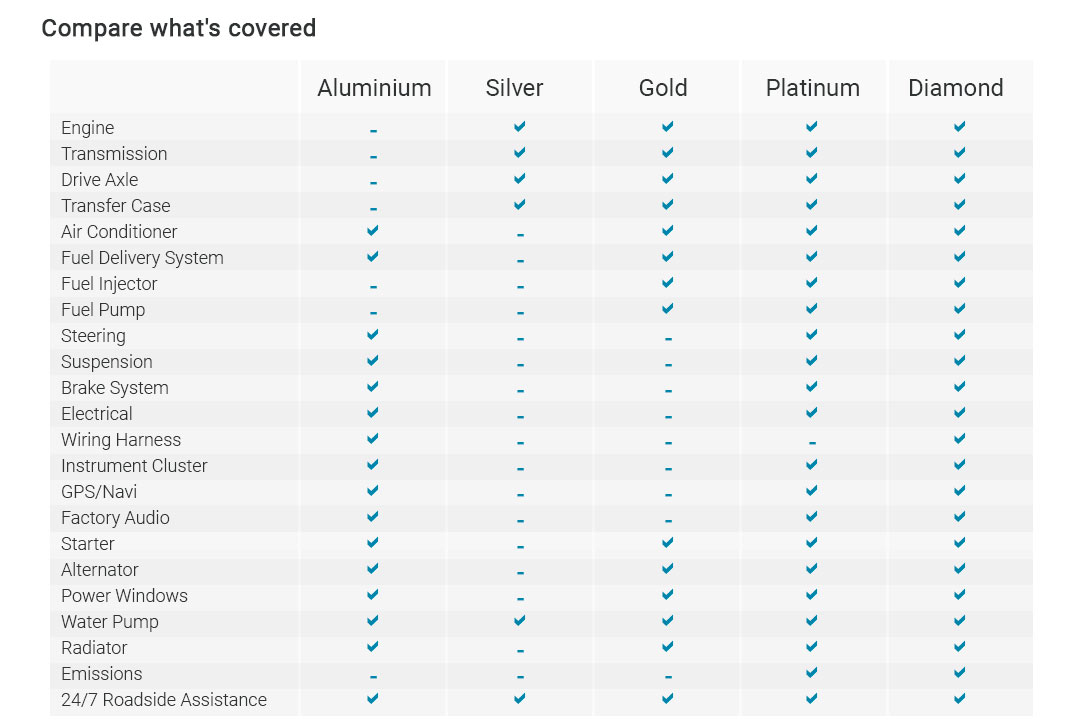 |
||||||
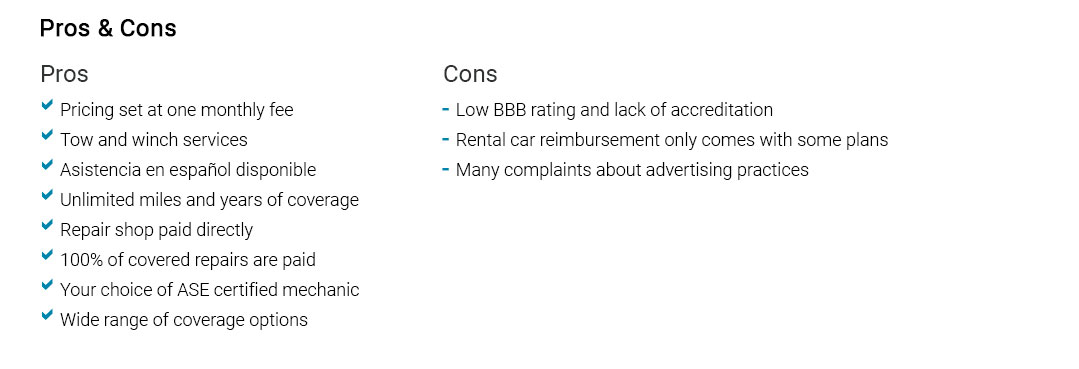 |
||||||
|
 |
 |
 |
 |
 |
 |
 |
|||
 |
 |
|||
 |
 |
Understanding Auto Maintenance Plans: Navigating Your OptionsIn today's fast-paced world, an auto maintenance plan might just be the unsung hero in your vehicle ownership experience, offering a structured approach to managing your car's needs and potentially saving you from unexpected headaches. Many vehicle owners find themselves at a crossroads when deciding whether to invest in these plans, often pondering their true value and necessity. Auto maintenance plans, essentially, are agreements that cover scheduled services for a set period or mileage, and they come with their own set of pros and cons that merit close consideration. On the surface, these plans promise peace of mind by ensuring that your vehicle receives regular check-ups and necessary replacements without the hassle of additional out-of-pocket expenses at every visit. For those who prefer predictability in their budgeting, this can be a substantial benefit, as it helps avoid the financial strain of unexpected repairs, which can be both disruptive and costly. Moreover, maintenance plans often incentivize regular service, which is pivotal in maintaining your car's performance and longevity. By adhering to a routine maintenance schedule, you can potentially enhance your vehicle's resale value, as prospective buyers often appreciate a well-documented service history. Consistency in maintenance can also preempt larger, more expensive issues down the road, akin to how regular health check-ups can prevent serious medical conditions. However, it's crucial to approach these plans with a discerning eye. Not all maintenance plans are created equal, and the value they provide can vary significantly based on factors such as the vehicle model, driving habits, and the specifics of the plan itself. Some plans may include only basic services like oil changes and tire rotations, while others might cover more extensive repairs. Therefore, understanding the scope of what's included is paramount. Critics of auto maintenance plans often argue that they may lead to over-servicing, where dealerships perform unnecessary maintenance tasks simply because they are covered under the plan. This can result in higher costs in the long run, as the price of the plan might exceed the actual cost of services rendered, especially if the vehicle is highly reliable and unlikely to need extensive repairs. Additionally, some drivers might feel constrained by the plan's requirements to use specific service providers, potentially limiting their options for seeking second opinions or more affordable alternatives. This lack of flexibility might not sit well with those who value independence in their vehicle maintenance decisions. In conclusion, deciding whether an auto maintenance plan is right for you requires a careful analysis of your personal needs, driving habits, and financial situation. While these plans can offer convenience and peace of mind, they are not a one-size-fits-all solution. Ultimately, the decision should align with your expectations for convenience, cost, and control over your vehicle's care.
https://llumin.com/maintenance-plan/
A maintenance plan is a roadmap-like document that defines the steps and proactive procedures done to maintain assets in a facility. https://www.cars.com/articles/which-new-cars-have-free-maintenance-447261/
Some automakers add a sweetener on top of that new-car warranty: free scheduled maintenance that covers those expected costs for an initial ... https://www.gmc.com/protection-plans/prepaid-maintenance
PRE-PAID MAINTENANCE. Covers engine oil/oil filter replacement, tire rotation, and Multi-Point Vehicle Inspection.
|



